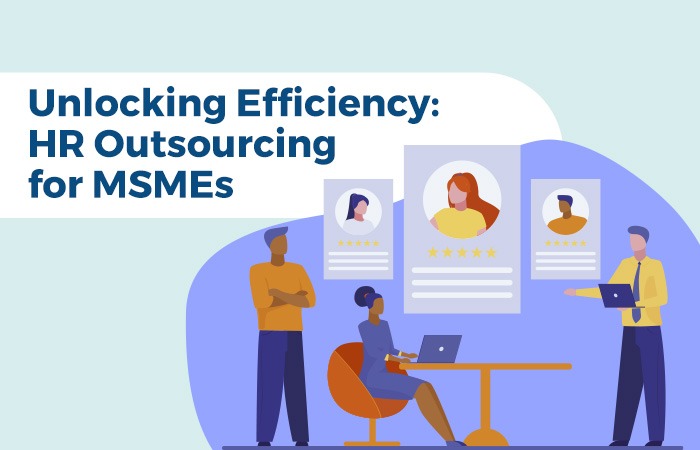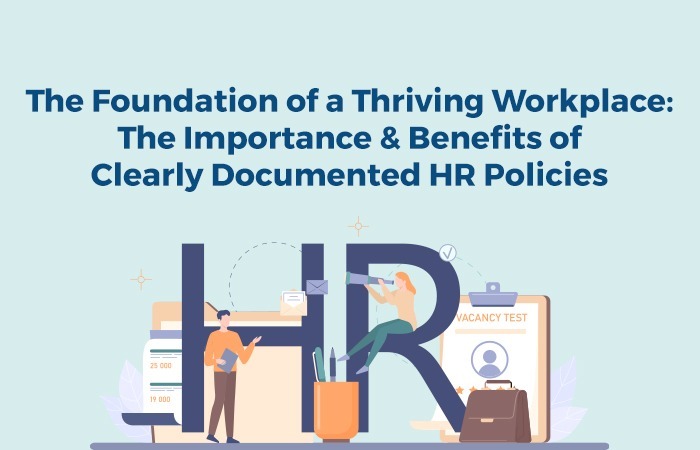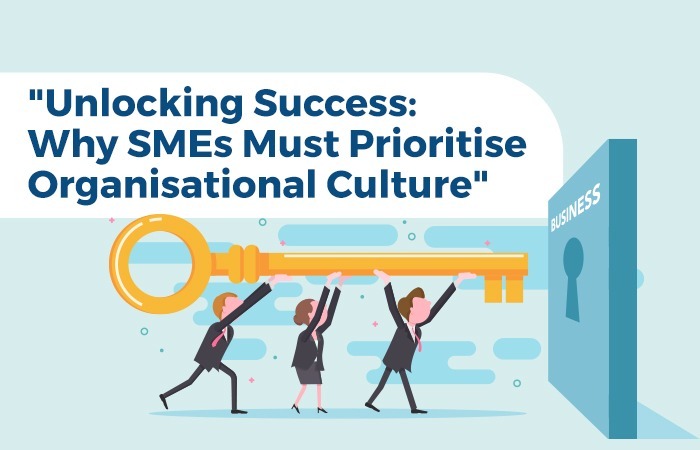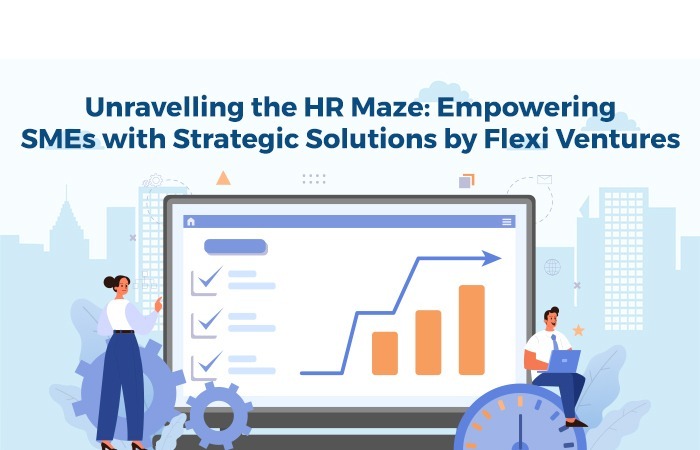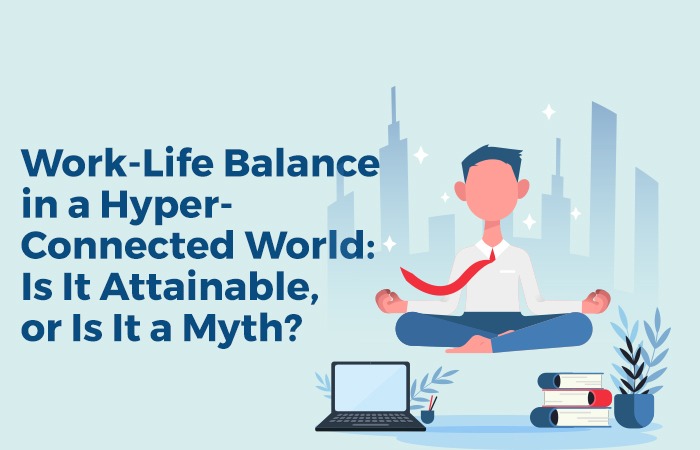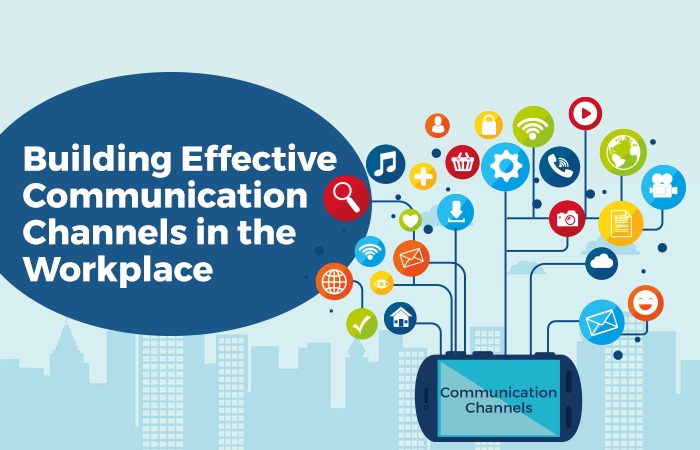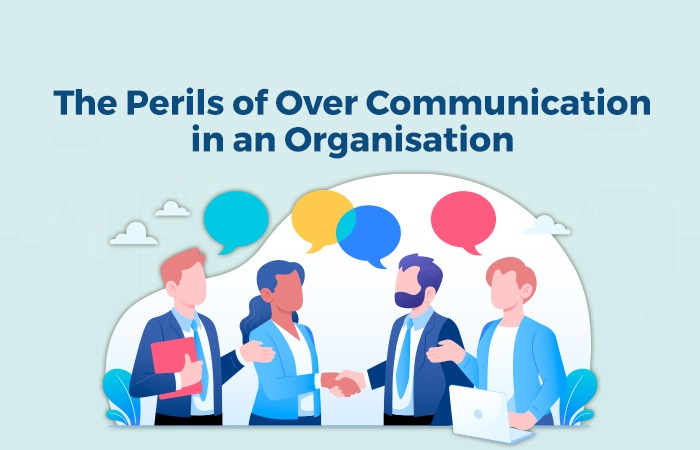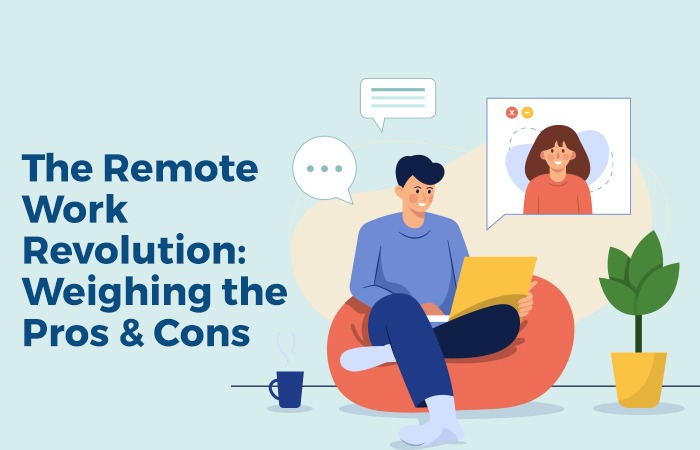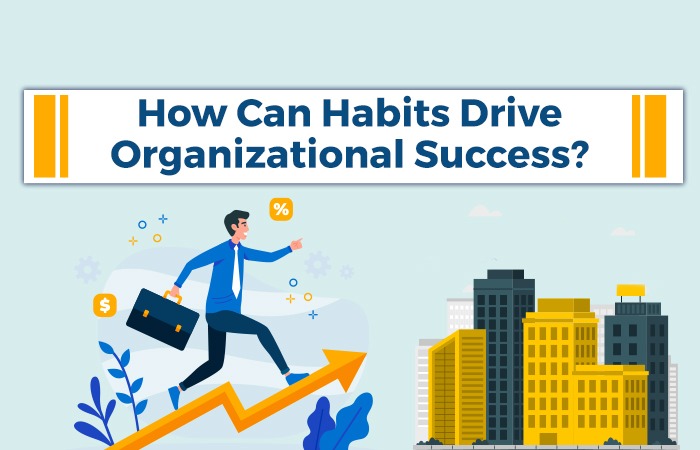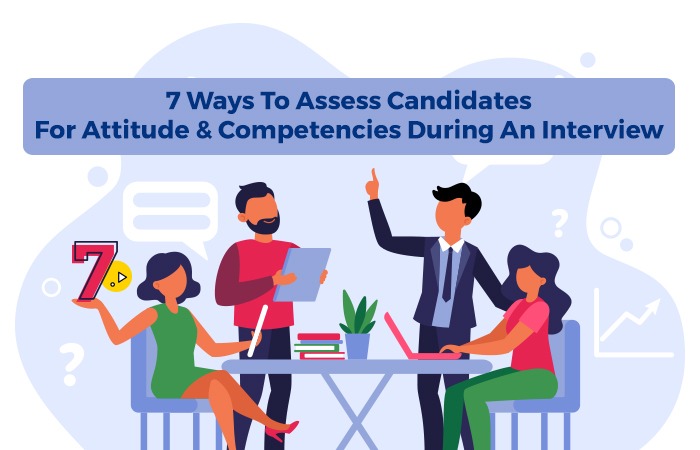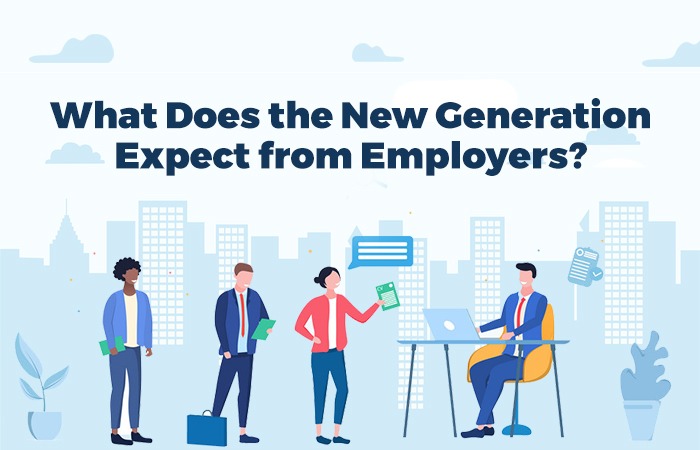With contract employment and freelancing catching up, the perception that Contractual employment is less responsible and respectable as compared to permanent jobs is quickly changing. Companies are moving towards a more integrated work model and hiring a good mix of permanent, contractual and freelance employees.
Stephane Kasriel, CEO of Upwork, explains ,“As skills become more specialised, companies either need to invest in reskilling to prepare workers for the jobs of tomorrow or leverage freelance professionals who are nearly twice as likely as traditional employees to proactively take reskilling upon themselves.”
As more and more companies move toward an integrated workforce, industries other than IT are also moving towards integrated work model. Apart from the IT department, companies are using contract employees in operations, marketing, R&D also.
What is Contract employment?
Contract employment is when independent contractors or freelancers are hired for a specific project or timeframe for a pre decided fee. Contract employees are usually hired for their skills or expertise. Often contractual employees are absorbed into company rolls if they are found to be a good fit at the end of the contract period.
While contract work is on the rise, it is a good time to evaluate if it is right for you to move into contractual employment from permanent employment.
In this article, we will take you through some pros and cons of contractual employment so that you can make an informed decision.
Here are some of the advantages of being a contractual employee.
1 – Great Learning Opportunity
Working as contractual employee helps you gain a wide spectrum of experience from working on different projects in different industries and different organisations. Every company depending on the size and nature of work, provides a different work culture and work experience. For eg. working with a start-up can provide a different learning experience as compared to working with a well-established large company.
When you work with new employers on a variety of projects, it provides you with an opportunity to learn new skills. Apart from reskilling and upskilling, you also get to connect and work with new teams, which not only expands your network, but also improves your collaboration skills.
Most companies prefer candidates who are experts in their field and have a variety of work experience on different platforms, systems and industries, since they can provide a new perspective to their problems and improve their process frameworks.
Moreover, you can showcase your vast experience along with skills and expertise in your resume to make it stand out amongst others.
2 – Independence
One of the most important reasons why many chose to go the contract way is because of the freedom and independence it provides. You can choose which company and project you want to work on.
Moreover, contractual employees often work for fixed number of hours. They may get to work at their own convenient and productive hours and location.
Many professionals who moved from permanent employment to contractual employment found their career move to be more rewarding. They could take on lucrative projects with companies of their choice that are aligned with their skills and experience.
3 – Better Remuneration
Contract employees usually get paid more due to the specialised skills and experience that they have. They are usually paid per hour or per project.
And since most contractual employees work on projects that can span from months to years, their jobs are more or less secure. They have enough time to look out for new opportunities before the end of the project.
Moreover, companies often provide permanent employment options to the contractual workers if their work is satisfactory.
4 – Trial Before Permanent Employment
As said earlier, many companies absorb the contractual employees into the company rolls if their performance is good. You get to work at various companies and try out the roles before you can decide to switch to a permanent employment into the said role.
You can always apply for a full-time opportunity if you come across an open position during your contract period.
Similarly, if your work has been well appreciated, companies can always connect with you if there is an open position.
While there are many advantages to being a contractual employee, there are certain pitfalls that you should be aware of.
1 – Lack of Job Security
Since it is not a permanent employment, companies can terminate the employment anytime.
2 – Lack of Benefits
Unlike permanent employees as a contract employee, you are not entitled to the benefits like insurance, other perks or paid vacations.
3 – Lack of Stable Work Environment
Working with different companies and teams requires a lot of adjusting with different work environment and work culture every time you change a project or company.
Now that you know the pros and cons of being a contractual employee, you can choose the employment type based on what stage of life you are in, what responsibilities you might have at a particular point of time and what are your career goals.
If you are looking for opportunities that help you realise your potential, contract employment is a good option. Perform well and you might even get a permanent employment with the company or more exciting offers!
Flexi Ventures (www.flexiventures.in) is one of the leading staffing companies in India. Connect with us today for exciting projects and jobs opportunities. For more information, write to us today at support@flexiventures.in.


